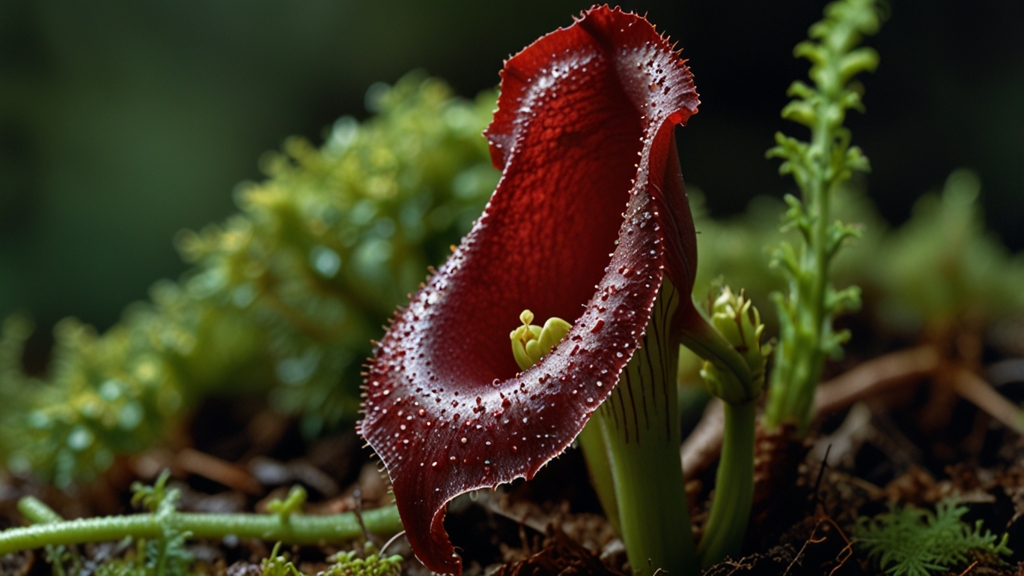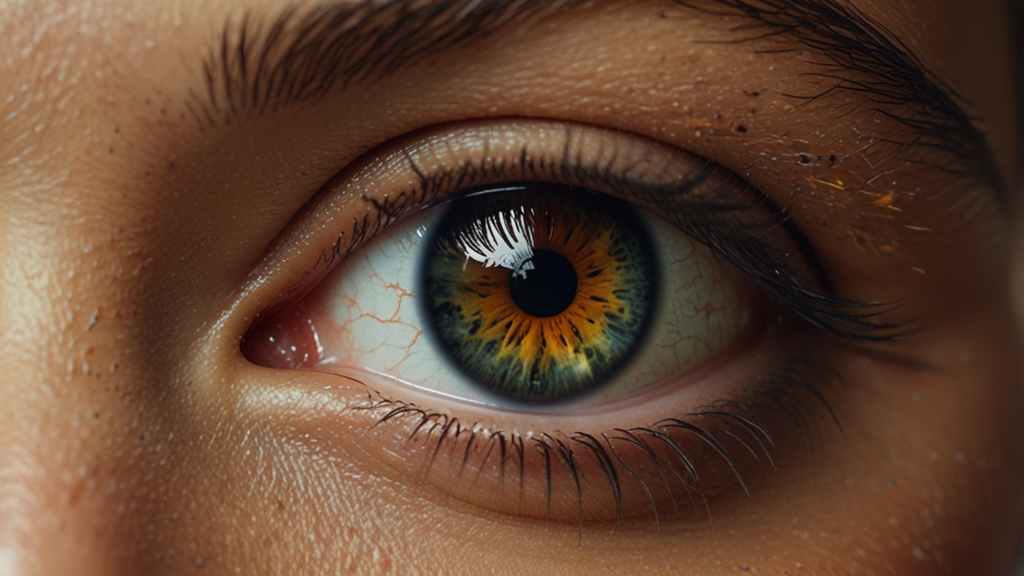Can Animals Understand Human Emotions? The Surprising Research
It's a common notion among pet owners that their furry friends can sense their moods. Whether it’s a dog offering comfort when you're sad or a cat choosing to snuggle up just when you need it, many believe their animals respond to their emotional states. But are these heartwarming anecdotes supported by scientific research? Can animals truly understand human emotions, or are we just projecting our feelings onto them?
The Empathetic Canine
Dogs have long been considered man's best friend, and research seems to suggest that this bond goes deeper than we might have thought. Scientific studies have shown that dogs can not only recognize human emotions but also respond to them in meaningful ways. A study published in the journal Biology Letters demonstrated that dogs could distinguish between happy and angry human faces. This recognition went beyond just visual cues; dogs were also shown to respond to the emotional tone in human voices.
"Our findings indicate that dogs can recognize human emotions using visual and auditory cues. They possess a basic understanding of human emotional expressions," says Dr. Attila Andics, a prominent researcher in the field of animal cognition.
Feline Sensitivity
Cats often get a bad rap for being aloof and indifferent, but recent studies suggest that they are more in tune with human emotions than we might assume. Research led by Dr. Kristyn Vitale at Oregon State University has demonstrated that cats can discern human emotional expressions to a significant extent. Interestingly, cats are more likely to modify their behavior based on their owner's emotional state compared to strangers. This indicates a level of emotional bond and understanding that many cat owners can already attest to.
Equine Empathy
Horses are another species that appear to have a remarkable ability to understand human emotions. In a study conducted by the University of Sussex, researchers found that horses could differentiate between happy and angry human facial expressions. Not only did the horses recognize these emotions, but their heart rates also varied according to the emotions they perceived, suggesting a physiological response to human emotional states.
"These results indicate that horses can not only distinguish human emotions based on facial expressions but also respond to them physiologically, highlighting their sensitivity to human emotional states," notes Dr. Karen McComb, one of the study's lead authors.
Other Intelligent Animals
While dogs, cats, and horses are the most commonly studied household pets, other animals also display an impressive understanding of human emotions. Parrots, for example, are known for their ability to mimic human speech, but they also exhibit behaviors that suggest an understanding of human emotional states. Dolphins, too, have shown signs of empathy and emotional intelligence in various research settings. Even rats, often maligned as pests, have demonstrated the ability to respond to emotional cues from their human handlers in laboratory settings.
What Does This Mean for Us?
Understanding that animals can perceive and respond to human emotions undeniably strengthens the bond between humans and animals. This knowledge can also have practical applications, such as improving animal training methods and enhancing animal-assisted therapy programs. Recognizing the emotional capacities of animals encourages more compassionate interactions and better welfare practices.
"The growing body of research highlighting animals' abilities to understand human emotions challenges us to think more ethically about our relationships with animals, and how we care for them," adds Dr. Margit Gabriele Muller, a veterinarian and animal psychologist.
Conclusion
The research is increasingly clear: many animals have the ability to understand and respond to human emotions. While the full extent of this capability varies among species and individual animals, the evidence suggests that our emotional bonds with animals are based on more than just our imagination. Whether it's the empathetic gaze of a dog, the reassuring purr of a cat, or the attentive response of a horse, animals are more attuned to our feelings than we often realize. As science delves deeper into the emotional lives of animals, we continue to uncover fascinating truths about the interspecies connections that enrich our lives.











